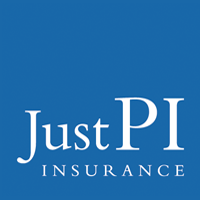You are here
Greater collaboration among governments, insurers and other stakeholders is the key to building disaster-resilient communities, according to the IAG-led PSI Global Resilience Project.
The project, which subscribes to the United Nations Principles for Sustainable Insurance (PSI), has released its third and final report at the ongoing climate change talks in Paris.
Insurers in particular can play a major role in helping governments and communities understand the risks they face and solutions available, it says.
“Nobody understands risk like the insurance industry and nobody is better placed to work with governments, policymakers, development organisations and private sector participants to manage risk,” IAG Chief Strategy Officer and PSI Board co-chairman Leona Murphy said.
“We as an industry are increasingly leveraging our data, tools and skills to help governments… create better policies and make more informed decisions about how to understand risk, reduce risk, transfer risk and, most importantly, save lives and livelihoods.”
The report examines multilateral approaches taken in developed and developing countries to prepare for natural disasters.
It features several case studies to demonstrate the effectiveness of banding resources from governments, insurers and other stakeholders.
“These partnerships highlight that insurers are well placed to build multi-stakeholder partnerships for disaster risk reduction and participate in policy discussions that promote risk-informed development pathways,” the report says.
“Insurers can help identify the appropriate scale and scope of engagement, as well as developing a clear strategic plan, including a structured approach for implementation and follow-up.”
The report cites the Australian Business Roundtable for Disaster Resilience & Safer Communities as an integrated approach yielding long-term community benefits.
The roundtable was founded in 2012 to push for a national resilience program. It commissioned research that led the Productivity Commission to recommend $200 million be set aside as investment for disaster mitigation measures.
“Roundtable members… believe it is of national importance to make Australian communities safer and more resilient to natural hazards and share an interest in developing sustainable long-term solutions that can better protect lives and property.”
Members of the roundtable include the CEOs of IAG, Munich Re, Westpac, Optus and the Australian Red Cross.
Source: insurancenews.com.au Copywright 2001-2015 McMullan Conway Communications Pty Ltd All rights reserved.












